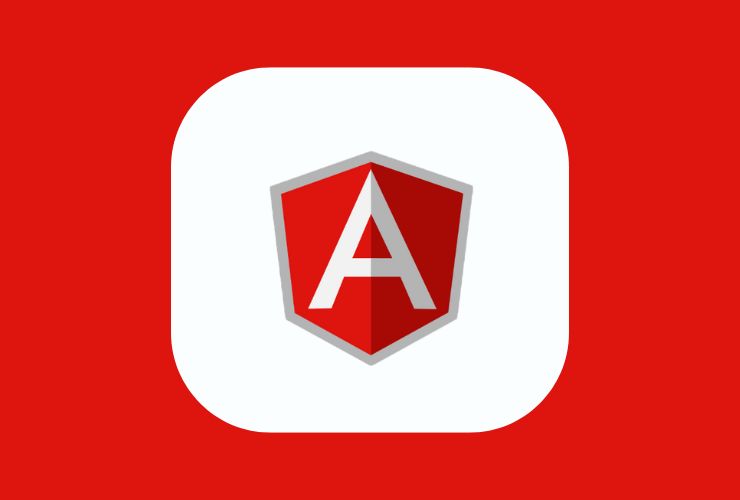One of the most important decisions that a developer or business leader can make is choosing the right technology stack. Within the Microsoft ecosystem, two of the most popular frameworks are.NET Core and.NET Framework. But which one is the best choice for your project? In this post, we’ll break down some of the key differences so you can make an informed decision.
What Is.NET Framework?
.NET Framework is an established platform which is specifically designed to build windows applications. It was firstly introduced during the early 2000s. Good in building web, desktop, as well as console applications it was primarily built to operate exclusively on Windows environments. This is feature-rich but, of course, it can’t do cross-platform abilities and good only for projects within Windows.
What Is.NET Core?
Launched in 2016,.NET Core is a cross-platform modern open-source framework. It is not like the predecessor; it supports running applications on Windows, macOS, and Linux. In other words, it is very much suited for today’s mixed and varied tech landscape. This framework is optimized for cloud-based solutions, scalability, and high performance. Therefore, it perfectly fits into modern applications.
Key Differences Between.NET Core and.NET Framework
1. Cross-Platform Support
. NET Core: It supports running applications on Windows, macOS, and Linux. That makes it perfect for cross-platform projects.
. NET Framework: This runs only on Windows, thereby limiting its use to applications that are based on Windows.
2. Performance and Scalability
. NET Core: Provides better performance and scalability, particularly for cloud-based applications.
. NET Framework: Although reliable, it has some of the performance benefits missing when compared to.NET Core.
3. Open Source
Totally Open-Source with Huge Community Development
. NET Framework Proprietary though some are opened by the company; its parts.
4. Cloud Integration
. NET Core It is an application intended for cloud purposes and is, therefore easily deployable to services such as AWS or Google Cloud, Azure among other services.
. NET Framework: Best fits on the cloud of Windows-based services, but it is not nearly as flexible as.NET Core when it comes to native cloud development.
5. Library Support
. NET Core: Provides.NET Standard, which means code can be shared between platforms.
. NET Framework: Has an enormous library, but cross-platform libraries, which were introduced with.NET Core, are not available.
6. Future-Proofing
. NET Core: Is in a constant evolution process, as new updates keep coming up to make it future-ready.
.NET Framework: No longer being actively developed, with Microsoft focusing on .NET Core and beyond.
When to Use .NET Framework
If you’re working with legacy Windows applications or heavily reliant on the Windows ecosystem, sticking with .NET Framework may be the right choice. It’s still a reliable and robust option for enterprise-level Windows projects.
When to Use .NET Core
For new projects, especially the ones that require cross-platform support or even better performance, scalability, or cloud integration,.NET Core is the way. It is more flexible and forward-looking, making it best suited for modern development needs.
Conclusion
The choice between both depends on your project’s specific requirements. If you’re maintaining existing Windows applications, .NET Framework is still valuable. But for most new projects, particularly those requiring cross-platform capabilities or cloud integration, .NET Core is the clear winner and the future of Microsoft’s development landscape.
Contact Us Today













 Database Development
Database Development












































